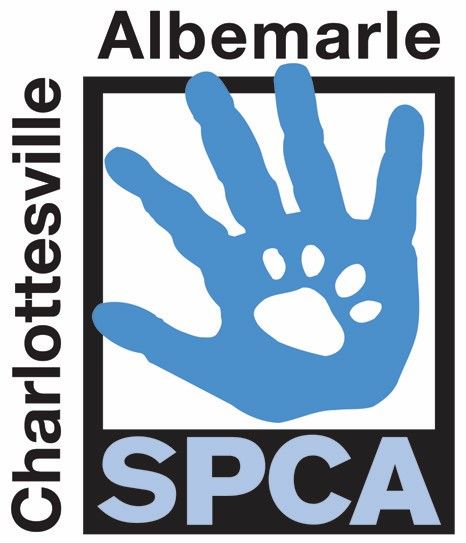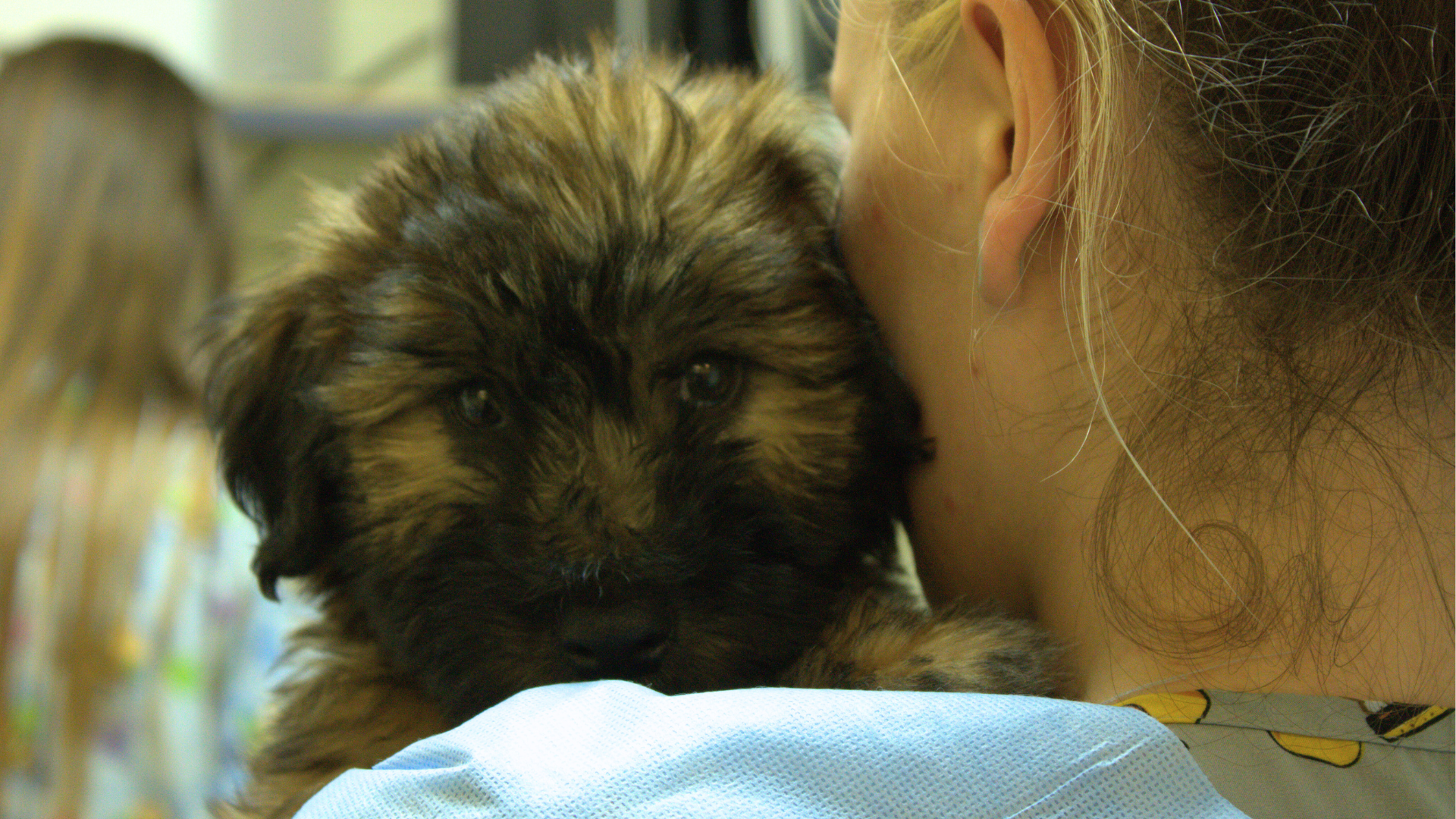Article
Trends and Challenges: Surprising Insights from the 2024 Hill's Pet Nutrition Shelter Report
As the Charlottesville-Albemarle SPCA (the SPCA) continues to provide exceptional care and support for our community’s animals, it is crucial to understand the broader landscape of pet adoption and sheltering. To this end, we are delighted to have participated in the 2024 Hill’s Pet Nutrition State of Shelter Pet Adoption Report. This report offers valuable insights into the current state of sheltering nationwide, highlighting key trends and challenges that shelters are facing, and shedding light on our paths forward. Let’s explore some of the report’s findings and what they mean for the future of animal welfare, both here in Charlottesville and across the nation.
Rising Animal Intake and Adoption Rates
One of the trends highlighted in the Hill’s report is the increase in both animal intake and adoption rates. Many shelters have seen a rise in the number of animals they care for, with the total US shelter population rising by 900,000 individuals since 2021. Fortunately, this rise is accompanied by a significant boost in adoptions, especially from younger generations like Gen Z and Millenials. Increased adoptions indicate a growing awareness and commitment to adopting shelter animals among the public, which is heartening amid increased intake numbers nationwide.
In 2023, the SPCA welcomed 3,051 animals into our care and celebrated 2,658 adoptions reflecting a continued dedication to finding loving homes for our animals. The community’s support and love for animals in need remains strong, as shown by these adoption numbers.
Addressing Equity in Pet Adoption
The Hill’s report emphasizes the importance of equity in pet adoption. Shelters are increasingly recognizing the need to ensure that adoption processes are accessible to all individuals, regardless of their socioeconomic status, race, or background. This commitment to equity ensures that everyone has the opportunity to experience the joy and companionship of pet ownership.
The SPCA is dedicated to breaking down barriers and enhancing accessibility to services, resources, and information for pet owners. To this end, we do not require income information or identification from beneficiaries of our Pet Food Pantry resources, and have embraced an Open Adoptions philosophy, as outlined by the Humane Society of the United States’ Adopter’s Welcome Manual. In keeping with this philosophy, we have replaced our application process with interest forms and a conversational approach to match-making. This approach lessens opportunities for implicit biases to impact decision making, and further, Hill’s survey respondents reported a preference for these more conversational methods over lengthier application processes across the board. Our unwavering commitment extends to actively pursuing racial equity within the realm of animal welfare. Acknowledging historical and systemic disparities, we strive to rectify inequities that impact both animals and the communities we serve. Our pledge is to guarantee equal access to our services, resources, and educational opportunities for all community members – dismantling barriers to pet ownership, and promoting access to pet care universally.
The Role of Foster Programs
Foster programs have become an essential component of modern sheltering. These programs not only help to reduce overcrowding in shelters, but also give animals the chance to thrive in a home environment. The Hill’s report highlights a need for increased awareness of the resources available to foster families: 64% of respondents said they’d be likely to foster if costs were covered, and 20% reported that they don’t foster because they believe they cannot afford a pet. When fostering for the SPCA, all medical care and the vast majority of supplies are provided to foster families by our organization.
In 2023, the SPCA’s foster program saw 2,377 pets benefit from the care and attention of our compassionate foster families. This is a slight decrease from the 2,698 animals in 2022, but still demonstrates the vital role foster families play, as well as the SPCA’s continuous need for more foster families. These efforts provide care and love to animals that may need extra attention while they await their forever homes, especially for the shelter’s most vulnerable residents like young kittens and puppies. Fostering is a rewarding experience that makes a tangible difference in the lives of animals.
Reuniting Pets with Their Owners
An often-overlooked aspect of sheltering is the importance of reuniting lost pets with their owners. The Hill’s report sheds light on the efforts made by shelters to ensure lost pets find their way back home.
In 2023, the SPCA successfully reunited 432 pets with their owners These heartwarming reunions are made possible by our diligent staff, volunteers, and the support of the community. Reuniting pets with their families is a critical part of our mission and brings immense joy to everyone involved.
Lowering Barriers to Pet Ownership and Keeping Pets in Homes
The Hill’s report highlights that 84% of respondents identified veterinary care as the most expensive part of owning a pet, and nearly 50% of respondents cited the overall cost of pet ownership as the biggest challenge. Nearly two-thirds of those surveyed cite financial instability and the cost of veterinary care as a significant factor in their decision of whether or not to adopt a pet. Additionally, those making less than $75,000 are more likely to surrender a pet due to financial difficulties, and those making less than $50,000 are more likely to experience pet-related housing restrictions. However, 94% of current pet owners considering relinquishment kept their pet after receiving support. Recognizing these challenges, the SPCA is committed to lowering barriers to pet ownership and helping keep pets in loving homes.
We have counselors onsite to help people navigate their relationships with their pets. Our counselors assist with understanding and managing behavioral issues, and connect pet owners with vital resources like the Pet Food Pantry and Compassionate Care Clinic, providing essential supplies and affordable veterinary care, and ensuring that financial constraints do not force families to give up their beloved pets.
Community Involvement and Support
The success of any sheltering initiative relies heavily on community involvement and support. The Hill’s report underscores the importance of community engagement in driving positive outcomes for shelters and the animals they serve. Donations, Volunteer programs, community events, and educational outreach are vital components of this engagement.
The Charlottesville-Albemarle SPCA is deeply grateful for the unwavering support of our community. Whether through volunteering, donating, or participating in our events, our community plays a crucial role in our mission. Together, we can continue to make a difference in the lives of animals in need.
Conclusion
The Hill’s Pet Adoption Report 2024 offers a comprehensive overview of the current state of sheltering, highlighting both achievements and challenges. As we reflect on these insights, the SPCA remains dedicated to providing equitable, innovative, and compassionate care to every animal that comes through our doors.
In 2023 alone, we saw remarkable achievements: 3,051 animals taken in, 2,658 adoptions, 432 pets reunited with their owners, and 2,377 pets cared for through our foster program. These outcomes would not be possible without the support of our community, and so we invite our community to join us in this mission. Whether you’re considering adoption, interested in fostering, or looking for ways to support our efforts, your involvement is invaluable. Together, we can ensure a brighter future for all shelter animals.
For more information about our programs and how you can get involved, visit our website or contact us today. Thank you for being a part of the SPCA family!
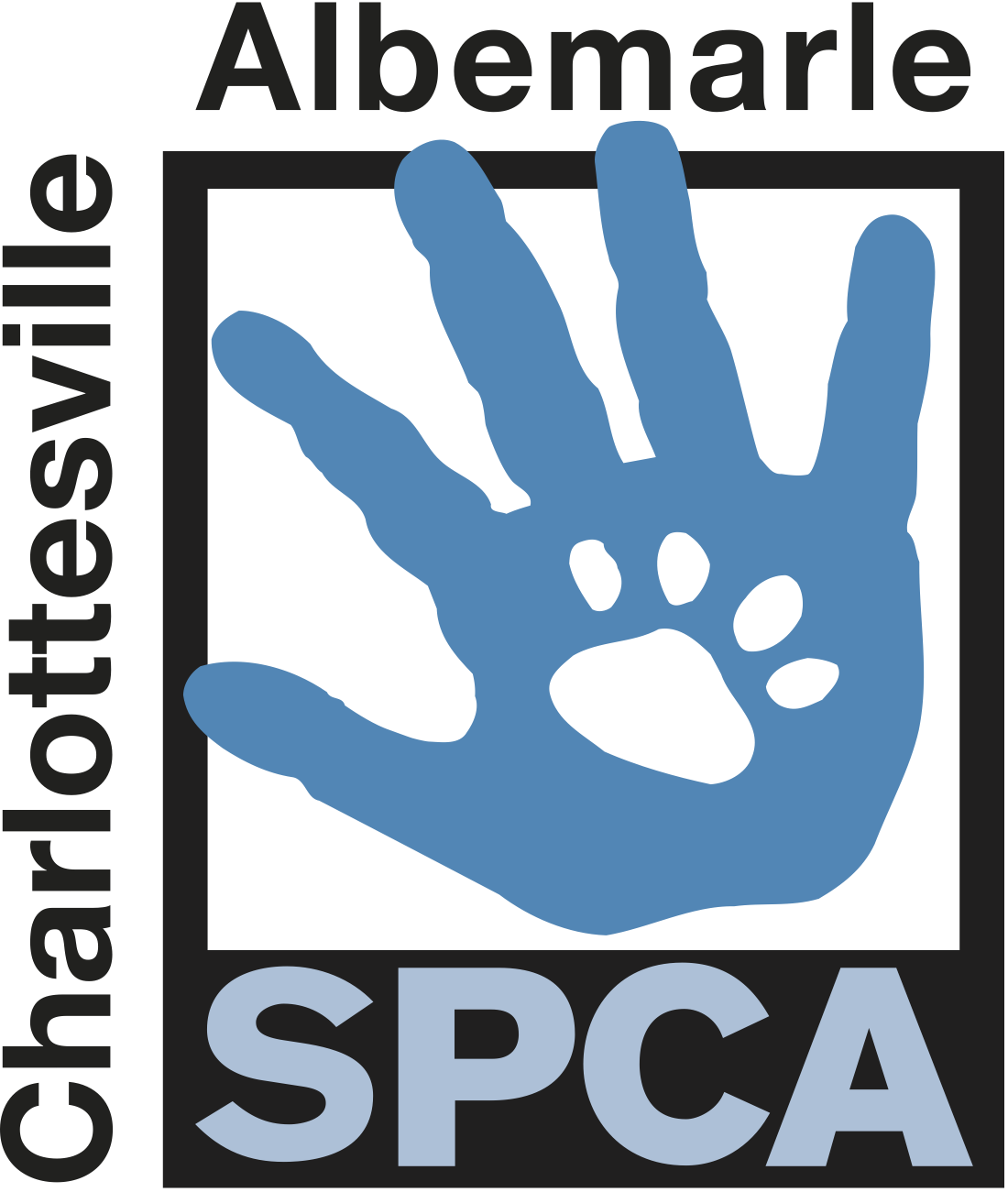
The Charlottesville-Albemarle SPCA is a non-profit animal shelter and community resource center located at 3355 Berkmar Drive in Charlottesville, Virginia. Established in 1914, CASPCA is proud to have served our community and their animals for over 100 years.
Related Articles
Related Articles
STAY UP TO DATE
GET CASPCA'S LATEST
Receive updates, success stories, and get a heads up on upcoming events!
Contact Us
We will get back to you as soon as possible.
Please try again later.
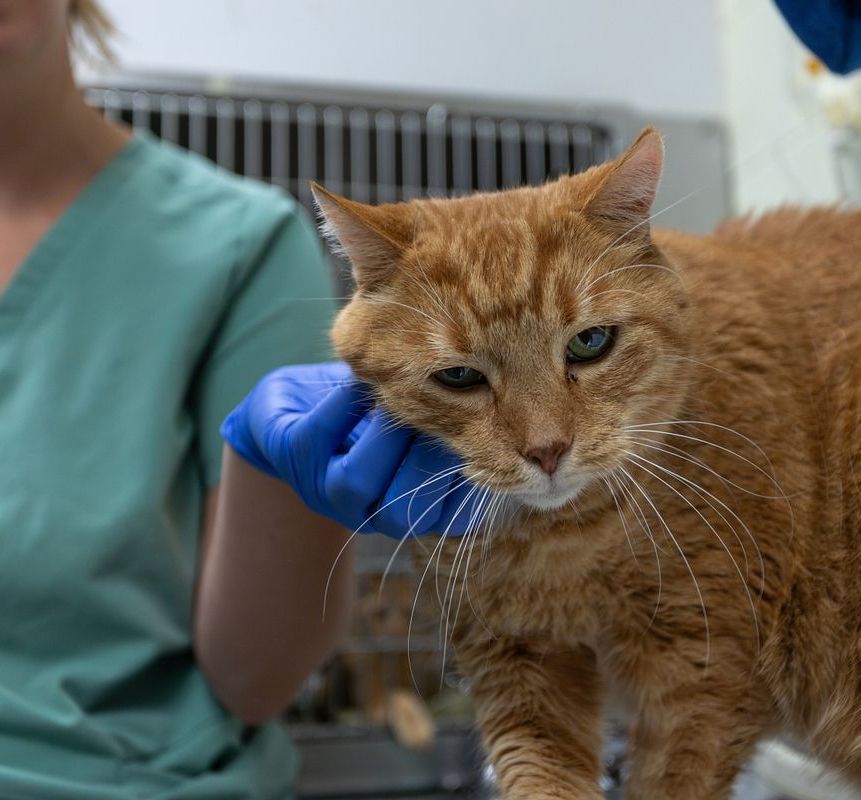
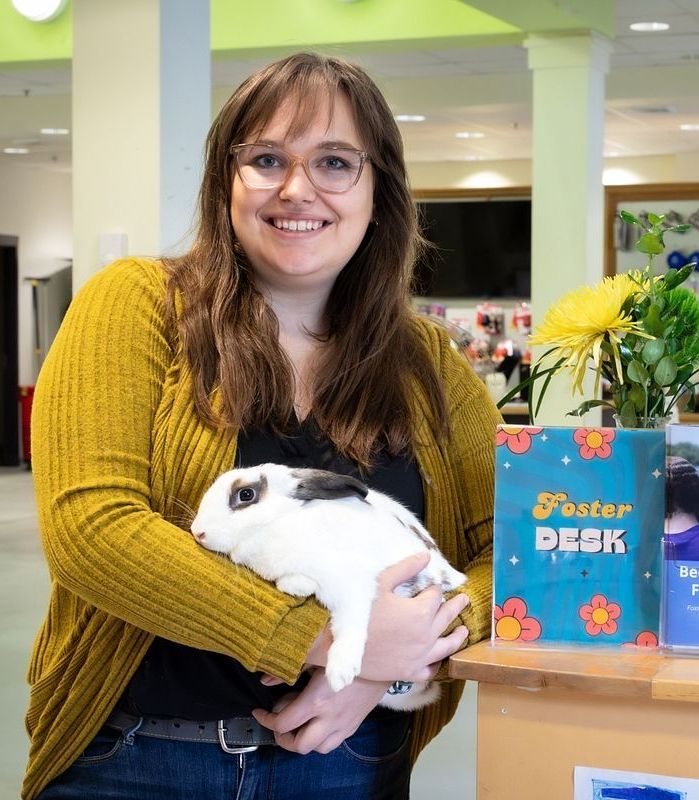
Quick Links:
ADOPTION HOURS:
Daily: 12:00pm - 6:00pm
Charlottesville-Albemarle SPCA. This institution is an equal opportunity provider. | Web Design by Thrive Marketing | Privacy Policy
